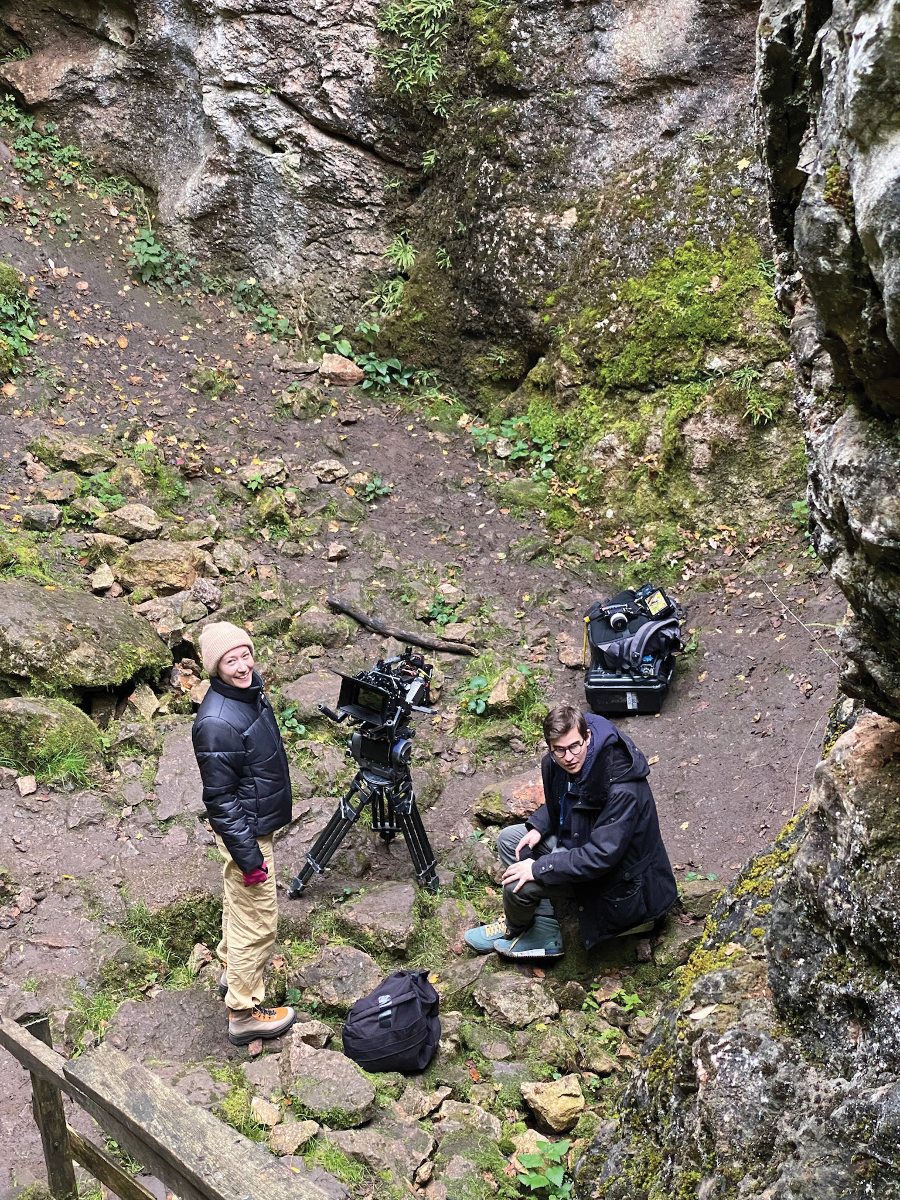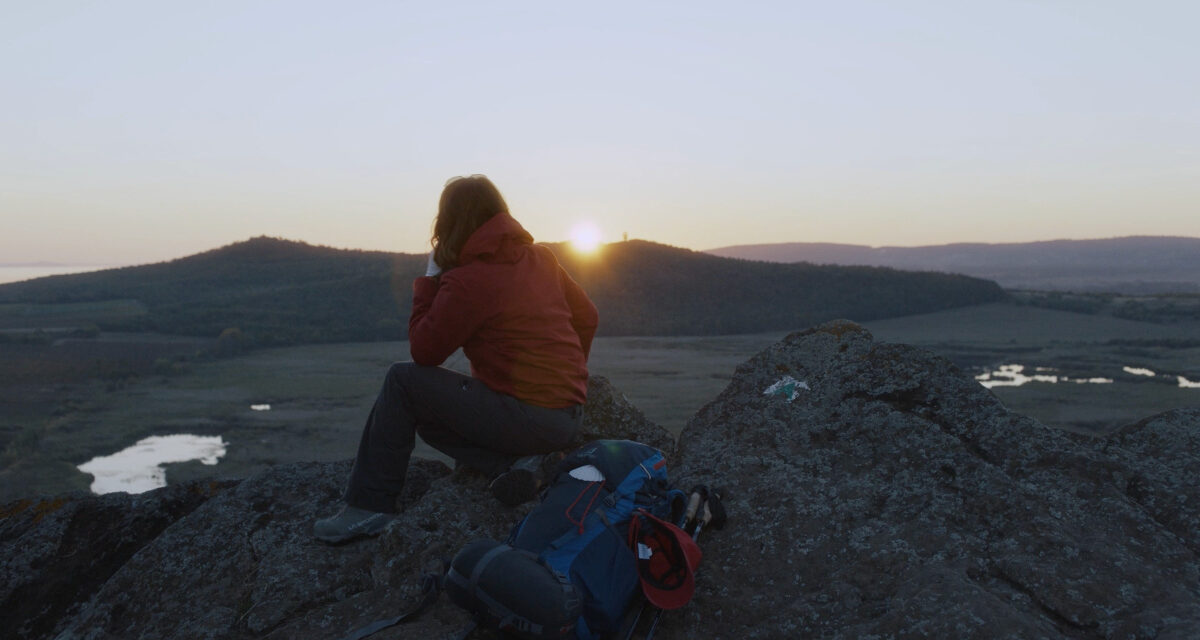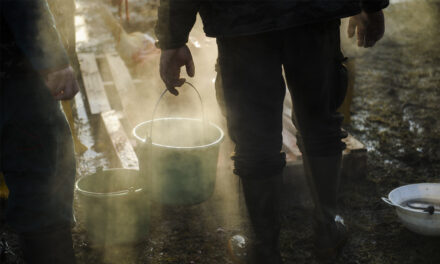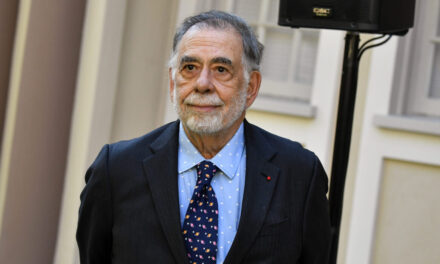"If my body can't take it anymore, then my soul will carry me" - the section of the St. James Pilgrimage Route starts from Tihany and leads through Magas-Bakony to the church in Lébény. Seven days on the Hungarian Camino - online film premiere A film about the inner journey of pilgrims can be seen on Mandiner. Seven days of silence - just enough to pay attention to what's really important.
There has been a noticeable increase in interest in pilgrimage and farewell places - you could say that pilgrimage routes are experiencing a renaissance. The flood of stimuli of our time, the constant alertness due to smart devices, the white noise that covers everything, make it impossible to pay attention inward. The essence of pilgrimage is precisely to exclude these civilizational stimuli. The mystery of Holy Week, the Easter cycle, also warns us: maybe humanity needs inner silence, inner travel more now than ever. This demand is also reinforced by the documentary On the Road - Seven days on the Hungarian Camino.
In order for something to happen to us, we have to start - the creators of the film claim. "Anyone who sets out on such a path almost always carries some kind of spiritual burden with them. After all, who doesn't have a burden, right? Pilgrimage is like a major cleaning of our thoughts or relationships. It's an opportunity for people to re-prioritize their things and think about what is really important in their life," says Dominika Bálint-Halas, one of the film's dreamers and producers.
The 170-kilometer long Camino Benedictus, the branch of the Hungarian Pilgrimage Route of St. James that connects Benedictine monasteries, starts from the Tihany Abbey and leads through the Magas-Bakony to the impressively beautiful Romanesque church in Lébény, which was also an important stop on the pilgrimage routes of the olden days. The road leads through Hungary's fairy-tale landscapes: across the Tihany Peninsula, the Bakony, then the Kisalföld and the Hanság. And in the meantime, it touches such attractions as the ancient lavender in Tihany, the St. James spring in Vászóly, the Kinizsi castle in Nagyvázsony, the Benedictine monastery in Bakonybéli, the Benedictine abbey in Pannonhalm or downtown Győr. The Szent Jakab-út leads from Lébény to Mosonmagyaróvár, Rajka, and then to Bratislava, and in Wolfsthal in Austria it joins the Camino de Santiago pilgrimage route that spans the whole of Europe. Thus, there is actually no obstacle to
so that you can walk from Budapest or Tihany all the way to Santiago, which your heart calls you to the Way of Saint James.

Source: BudaMount Film
"On the one hand, the film was born because when the quarantine hit, we realized that we would finally have time to go on such a trip. Time is the greatest luxury in a person's life these days, and time must be devoted to it. A week, thirty days - it depends on where you go. Today, it is difficult to get rid of constraints for such a long time, explains Dominika. - On the other hand, these Hungarian landscapes can still offer the experience that, say, the better-known and more visited sections can't. The kind of loneliness, aloneness, which, for example, is more difficult to experience on the Spanish section, as you stumble upon pilgrims and souvenir shops every step of the way. The Hungarian section has the amazing charm that here you can more easily achieve what you set out for, without being disturbed by external factors."
"When I first heard about the project, I have to admit that I didn't really know that the El Camino would also run through Hungary, even through the Balaton highlands. I wanted to discover this road and all the secrets and beauties it hides. They were inspired by the historical traditions attached to it and what pilgrimage has to say, its place in today's world -
return to nature and immersion"
says Máté Bögi, the film's director. "I think people have always had the desire to break away from everyday life a little bit. Sometimes it's just hard to get started, we're used to comfort and routine; but maybe now this way, after the pandemic, we have realized more about the values that are really important, and we are more motivated."
Source, full article and video: Mandiner.hu
Featured image: BudaMount Film












